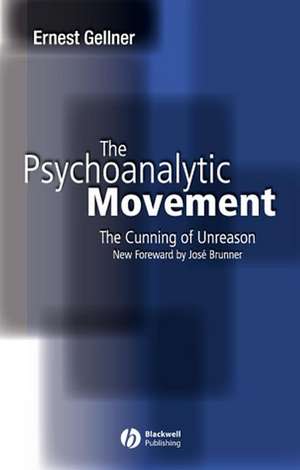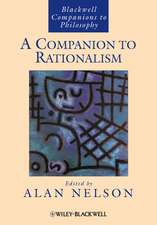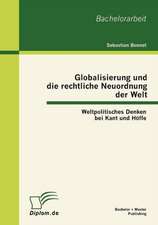Psychoanalytic Movement, Third Edition
Autor E Gellneren Limba Engleză Paperback – 8 dec 2002
Preț: 395.24 lei
Nou
Puncte Express: 593
Preț estimativ în valută:
75.65€ • 82.20$ • 63.59£
75.65€ • 82.20$ • 63.59£
Carte tipărită la comandă
Livrare economică 21 aprilie-05 mai
Preluare comenzi: 021 569.72.76
Specificații
ISBN-13: 9780631234135
ISBN-10: 0631234136
Pagini: 252
Ilustrații: 1
Dimensiuni: 140 x 216 x 14 mm
Greutate: 0.33 kg
Ediția:3rd Edition
Editura: Wiley
Locul publicării:Chichester, United Kingdom
ISBN-10: 0631234136
Pagini: 252
Ilustrații: 1
Dimensiuni: 140 x 216 x 14 mm
Greutate: 0.33 kg
Ediția:3rd Edition
Editura: Wiley
Locul publicării:Chichester, United Kingdom
Public țintă
upper level undergraduates, graduate students, academics, and general readers interested in the intellectual history of the psychoanalytic movementNotă biografică
Ernest Gellner was born in Paris in 1925, and was educated in Prague and England. He was professor of philosophy and sociology at the London School of Economics from 1949 to 1984. In 1984 he became the William Wyse Professor of Social Anthropology at the University of Cambridge. He is the author of Nations and Nationalism (Blackwell Publishers, 1983), Anthropology and Politics (Blackwell Publishers, 1996), and Encounters with Nationalism (Blackwell Publishers, 1995). Dr Gellner died in 1995.
Descriere
How did the language of psychoanalysis become the dominant idiom in which the middle classes of the industrialized West speak about their emotions? Ernest Gellner offers a forceful and complex answer to this intriguing question in "The Psychoanalytic Movement".











